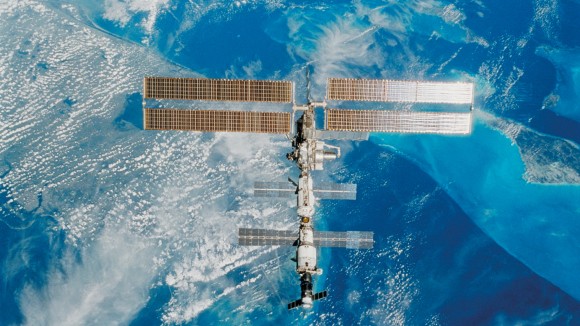
Henry Leung is a Professor of Electrical and Software Engineering at the University of Calgary, Canada. He has published over 300 journal papers in the areas of signal and image processing, data mining, information fusion, machine learning, IoT and sensor networks. He is the editor of the Springer book series on “Information Fusion and Data Science” and is a Fellow of IEEE and SPIE. Prof Leung has been an Editorial Board Member for Scientific Reports since 2022.
 Stefan Loehle is Academic Senior Councilor for the Institute for Space Systems at the University of Stuttgart, Germany. His research focuses on the development and application of diagnostic methods for the characterization of high enthalpy flows. He has participated in a high number of airborne entry observation campaigns for the investigation of atmospheric entry physics in the past 10 years and has been Principal investigator on several key re-entry experiments. Dr Loehle has been an Editorial Board Member for Scientific Reports since 2022.
Stefan Loehle is Academic Senior Councilor for the Institute for Space Systems at the University of Stuttgart, Germany. His research focuses on the development and application of diagnostic methods for the characterization of high enthalpy flows. He has participated in a high number of airborne entry observation campaigns for the investigation of atmospheric entry physics in the past 10 years and has been Principal investigator on several key re-entry experiments. Dr Loehle has been an Editorial Board Member for Scientific Reports since 2022.
 Zhili Sun is a Chair Professor at the Institute for Communication Systems, School of Computer Sciences and Electrical & Electronic Engineering, University of Surrey. His research focuses on satellite communication systems and future networks as well as related space technologies and applications. He aims to fully understand the challenges of satellite systems and space technology to support fully integrated satellite and terrestrial networks for future development. Prof Sun has been an Editorial Board Member for Scientific Reports since 2022.
Zhili Sun is a Chair Professor at the Institute for Communication Systems, School of Computer Sciences and Electrical & Electronic Engineering, University of Surrey. His research focuses on satellite communication systems and future networks as well as related space technologies and applications. He aims to fully understand the challenges of satellite systems and space technology to support fully integrated satellite and terrestrial networks for future development. Prof Sun has been an Editorial Board Member for Scientific Reports since 2022.
 Martin Tajmar is a Professor at the Institute of Aerospace Engineering, Technische Universität Dresden. His research focuses on advanced space technologies, with a focus on propulsion such as plasma thrusters and associated test facilities. Prof Tajmar has been an Editorial Board Member for Scientific Reports since 2022.
Martin Tajmar is a Professor at the Institute of Aerospace Engineering, Technische Universität Dresden. His research focuses on advanced space technologies, with a focus on propulsion such as plasma thrusters and associated test facilities. Prof Tajmar has been an Editorial Board Member for Scientific Reports since 2022.
 Massimiliano Vasile is currently Professor of Space Systems Engineering and Director of the Aerospace Centre of Excellence at the University of Strathclyde. He sits on the IAF Astrodynamics and Space Power committees, the IEEE committee on Emerging Technologies in Computational Intelligence, and the UN Space Mission Planning Advisory Group. His research interests include Astrodynamics, Space Systems, Computational Intelligence and Optimisation Under Uncertainty exploring the limits of computer science at solving highly complex problems in science and engineering. Asteroid 2002 PX33 “Maxvasile” was named in his honour in recognition of Prof Vasile’s contributions to the development of innovative techniques for the design and optimisation of space trajectories and his work on asteroid manipulation. Prof Vasile has been an Editorial Board Member for Scientific Reports since 2022.
Massimiliano Vasile is currently Professor of Space Systems Engineering and Director of the Aerospace Centre of Excellence at the University of Strathclyde. He sits on the IAF Astrodynamics and Space Power committees, the IEEE committee on Emerging Technologies in Computational Intelligence, and the UN Space Mission Planning Advisory Group. His research interests include Astrodynamics, Space Systems, Computational Intelligence and Optimisation Under Uncertainty exploring the limits of computer science at solving highly complex problems in science and engineering. Asteroid 2002 PX33 “Maxvasile” was named in his honour in recognition of Prof Vasile’s contributions to the development of innovative techniques for the design and optimisation of space trajectories and his work on asteroid manipulation. Prof Vasile has been an Editorial Board Member for Scientific Reports since 2022.

